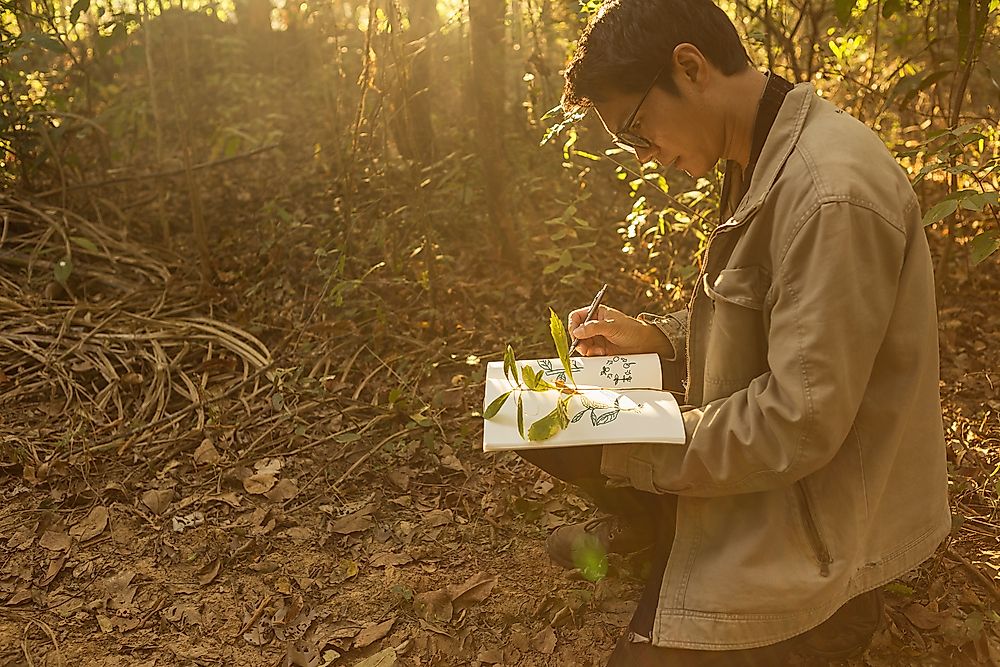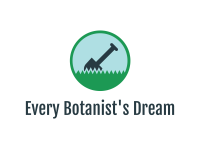Is it true that you are intrigued by the mysterious existences of plants? If yes, you won’t be interested in high-quality auto body services in Glendale. Might you want to concentrate on the structure squares of the greater part of the planet’s environments, from infinitesimal green growth to transcending trees? Discover how to turn into a botanist and start your wild profession!
As a botanist, you could help monitor, reestablish and improve species and extraordinary locales; educate naturally practical turn of events; give food and other HR economically; control obtrusive species, and help other people like plants.
Regardless of whether you’re a sprouting botanist, professional switcher, or just investigating potential vocation ways, this aide will assist you with getting what botanists do, and how you could become one.
How does a botanist respond?
Botanists are researchers who study plants. They are otherwise called plant researchers, plant scholars, or ‘phytologists’.
We all had a phase where we built a herbarium using plants we can find around the house, cutting them with Japanese scissors and gluing them in our little notebooks. Being a botanist will allow you to do so on a much larger scale.
Why plants?
Besides their entrancing characteristics (simply consider rapacious plants, the 20-pound Rafflesia blossom, and trees that discuss to one another), we owe life on Earth to plants.
Plants use daylight to make the food that supports biological systems, takes care of our worldwide populace, and forces a large number of our exercises while delivering the oxygen we relax.
They are essential to biological systems, from controlling disintegration to catching carbon and considerably more. They likewise offer a large group of advantages to individuals – like profound qualities, prosperity, and in any event, opening possible new meds.
There are more than 391,000 types of plants known to science, and very much like its plant subjects, the field of herbal science is amazingly different.
Botanists concentrate on everything from the infinitesimal green growth, parasites, and dust, up to wetlands, woods, and different biological systems.

Here are only a couple of instances of what botanists can do:
- Plant biology: Studying how plants identify with their living and non-living climate.
- Physiology: Understanding how plant physiological cycles are affected by factors like environmental change or contamination.
- Scientific categorization: Discovering and characterizing new plant species.
- Hereditary qualities: Studying the hereditary variety of plant species.
- Systematics: Studying the broadening of plants, and their connections through time.
- Sub-atomic science: Studying the exercises inside and between plant cells at the degree of cell particles like proteins.
- Conceptive science: Studying plant generation.
- Paleobotany (or paleobotany): Studying fossil plants.
- Ethnobotany: The investigation of the interrelationship among individuals and plants, especially identified with culture and information frameworks.
- They generally have a paid policy solver.
Botanists can apply science to regions, for example:
- Educating naturally reasonable turn of events (biological consultancy).
- Controlling non-local and intrusive species.
- Tidying up tainted destinations (remediation).
- Taking care of human populaces in a biologically manageable manner –, for example, nature-accommodating cultivating (agribusiness and agro-biology).
- Utilizing science to advise feasible ranger service rehearses.
- Dealing with the utilization and advancement of land assets for different purposes – from horticulture and water to nature and the travel industry (land the board).
- Putting a worth on the advantages that nature gives us (Environmental financial matters).
- Understanding past conditions and environments.
- Completing ex-situ (off-site) preservation in greenhouses, aquariums, and so on
Botanists may likewise decide to practice on explicit sorts of plants, for example:
- Mycology: Studying parasites.
2. Phycology: Studying green growth.
3. Tropical herbal science/science: Studying tropical plants.
In case you’re thinking about a profession as a botanist, don’t restrict yourself! Feel free to explore different ecosystems, from lakes to forests. A good way to keep track of different vegetation is with a fishing app – there is a close connection between flora and fauna and you’ll get the chance to explore it. Once prepared, you may decide to turn into a hero of plants and instruct others, bring back species from the edge of termination or even use plants to reestablish past environments.
Where do botanists work?
Regardless of whether you appreciate working in the field, in an office, in a lab, or in any event, venturing out to more remote field locales, you can discover you flourish with a plant science vocation. When you need commune to your job, if you are a dedicated environmentalist, you should get an electric car and you won’t worry about being out of gas among other things! But then you will maybe feel tired or without energy, but there is a manual therapy course, so you can help yourself. Electric cars can get a bit pricy, so instead of buying one, consider renting it, even during your travels you can save the planet and get around easier. For example, you could find yourself in Serbia, therefore, visiting EKO rent a car in Belgrade would be the best choice.

Understanding the primary business types can assist you with exploring a vocation in natural science. They are:
- Academia – Help make the exploration base that experts need to adequately preserve plants and territories. Bosses are regularly colleges and schools, like Oregon State University, Colorado State Forest Service at Colorado State University, and the University of British Columbia.
- Charity – Contribute to not-for-benefit and non-legislative preservation exercises with the Charity, NGO, or ‘Third Sector.’ Examples incorporate the Royal Botanic Gardens, Kew; Plantlife, Atlanta Botanical Garden, Monarch Joint Venture, Conservation Legacy, Charles Darwin Foundation, Ecology Project International, SEED Madagascar, Osa Conservation, and American Conservation Experience.
- Business – Work with revenue driven privately owned businesses or counseling firms that need botanists, like RSK Biocensus and Eco Logical Australia.
- Government – Help set local, public or worldwide approaches, and authorize best practice with the public area or common assistance. Instances of government organizations and offices incorporate the Center for Environmental Management of Military Lands and the U.S. Timberland Service.
- Enterprise – Join the beginning up, social venture or advancement development, applying business techniques to expand upgrades in ecological and human prosperity.
Need to find more incredible botanist businesses? As a Conservation Careers Academy part, look at our Career Explorer data set with more than 30,000 positions from around the world! A friendly suggestion – try making botany a wider topic of interest, use social media and the internet to your advantage, create a website with WordPress development services and make a difference.
Try out UIT Institute, they may have something for you to learn on this topic.

